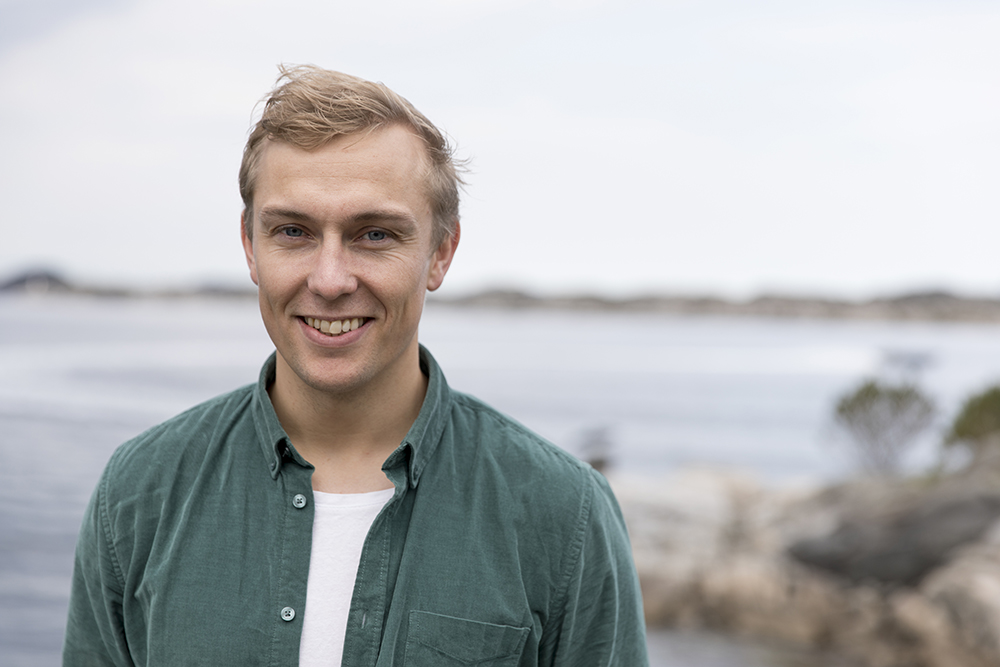
Good welfare creates positive ripple effects
Jo Nørstebø is manager of customer development at Cargill. He is in close contact with the customers through both reporting, follow-up and analysis. In addition to follow-up of the localities with focus on production and welfare, he works with digital development.
Why do you put the fish first in the work you do?
“Because it is the right thing to do. The fish plays the main role in our everyday working life.”
… and how do you do it, specifically?
“We always put the fish first when making recommendations and decisions together with our customers. The well-being of the fish is our top priority.”
What would happen if you did not prioritize fish health and fish welfare in your work?
“Firstly, it would not be very sustainable. Good fish health and welfare is profitable and “alpha and omega” of the aquaculture industry if it is to continue for generations to come. Focus on results that yield good welfare will create positive ripple effects beyond revenue, reputation and specially positioning.”
What are the benefits of prioritising fish health and welfare, and for whom?
“The fish thriving is the indisputable benefit. Good welfare means it has better health, copes in its environment and is given the opportunity for natural behaviour. A fish experiencing good welfare will perform better. It’s a win for all – from producer to consumer.”
Why should Fish First be an important focus area for the whole of Cargill?
“Because it is the right thing to do. And by ensuring that the fish is top priority in our decisions and approaches, we ensure that we do what is right for us, the producers and the consumers all the way – by focusing on the end product.”